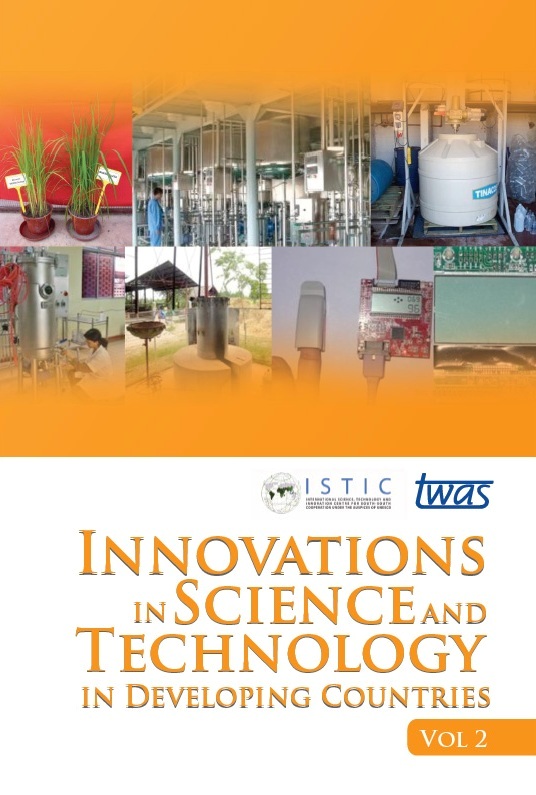Oilseed waste used to make soaps, vitamin E and fatty acids in Argentina. Financial constraints that become an opportunity to make cultivated mushrooms a novel commodity in the Philippines. Successful selection of drought-tolerant rice in Egypt.
These and other case studies make the core of the recent ISTIC-TWAS joint publication "Innovations in Science and Technology in Developing Countries". ISTIC – the International Science, Technology and Innovation Centre for South-South Cooperation – is a UNESCO centre created in 2005 to serve as an international platform for cooperation in science, technology and innovation, in developing countries.
The book describes cases from 15 countries where innovation proved to be the keystone that turns challenges into opportunities for development, whether of new products or services. And it suggests that this innovation will be critical for human prosperity and economic health in the developing world, where more than 5.5 billion people live.
More than 100 candidates made up an initial list of projects. Twenty-three of them were then selected on the basis of their replicability, impact and the lesson they provide. They were also chosen for a presentation at a workshop held in Penang, Malaysia, in October 2012.
Now these successful cases have been grouped in a book that ISTIC and TWAS will distribute among policy-makers and other leaders to illustrate why investment in innovation is a critical part of effective governance.
The key message of the book: Science and technology alone cannot propel development, especially in developing countries. Governments and private investors must support innovation and recognize its role by providing core funding and strong, long-term encouragement.
Cristina Serra

